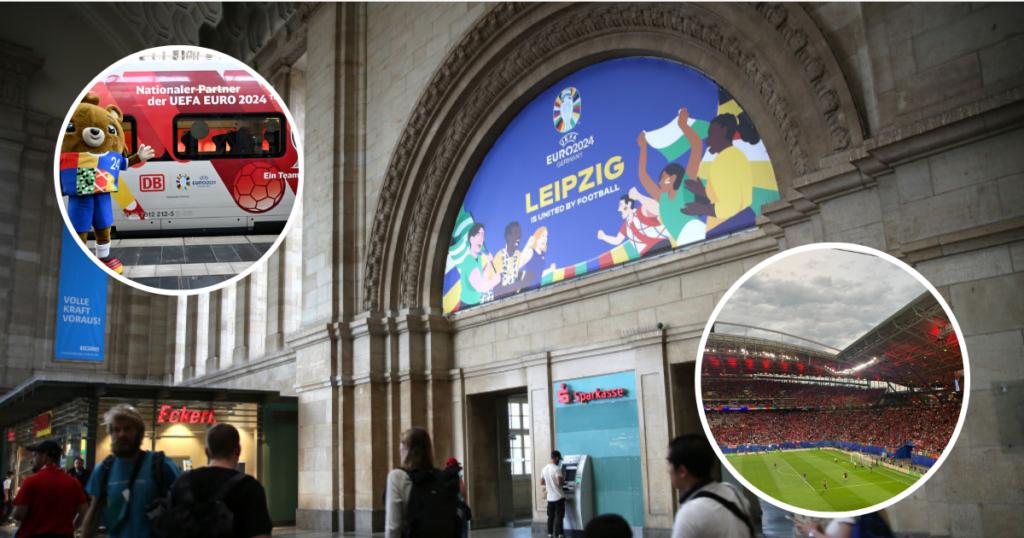Euro 2024 and Football News Update
The notion that trains run on time in Germany has always been a myth, especially when it comes to major football events. Over the past nine years, intercity trains have been increasingly less reliable, often departing late and arriving even later. Inner-city trains, including the underground service, have also faced frequent cancellations at short notice.
As Germany prepares to host the Euro 2024 tournament, football fans and journalists have been facing various transportation challenges. Post-game tales from England’s opening match against Serbia in Gelsenkirchen, where fans were stranded at the stadium’s train station for several hours after the final whistle, have been widely reported.
“While the situation has improved for subsequent matches at Schalke’s home ground, the initial organizational mishap raises concerns about Germany’s readiness to provide a seamless experience for the entire continent visiting for the tournament.”
Similar issues have been encountered by FourFourTwo journalists covering the event. Ahead of the Portugal vs Czech Republic match in Leipzig, the underground service was delayed, leading to confusion when the ICE (InterCity Express) train arrived at a different platform than expected, with no Deutsche Bahn staff around to assist.
The journey home from the match was also plagued by delays, with the trip taking more than two hours instead of the usual one hour and 20 minutes. The trip to Frankfurt for England’s clash with Denmark was also delayed by 45 minutes, causing inconvenience for meeting up with friends.
The transportation woes have been compounded by the pricing issues. Ticket-holding fans and reporters were promised one-way fares would be capped at €30 during the competition, but Deutsche Bahn later backtracked, saying there were only a limited number of tickets available at that price.
As a result, football fans and journalists have been forced to spend upwards of €70 on heavily delayed and poorly organized train journeys. In one instance, a fan was charged more than €220 by an unsympathetic ticket inspector for simply being on the wrong train.
The organizational challenges extend beyond transportation. At the stadiums, volunteers and stewards have struggled to provide clear information, with one reporter being reprimanded for entering the wrong area at the Olympiastadion during the Spain vs Croatia match.
The food and drink prices inside the grounds have also been a source of frustration, with the ‘Pfand’ system adding an extra €3 charge per cup, making a Coca-Cola cost €10 and a beer €11 at the time of purchase.
Despite these logistical and pricing issues, the football itself has been excellent, with stadiums filled to capacity and a strong police presence ensuring a safe environment for fans. However, the overall experience has been a slog for many, and there are hopes that the situation will drastically improve as the tournament progresses.
As the attention turns to the upcoming fixtures, football fans and journalists alike will be keeping a close eye on the developments, hoping that Germany can rectify the organizational and transportation challenges to deliver a seamless and enjoyable Euro 2024 experience.
🔗 Source
